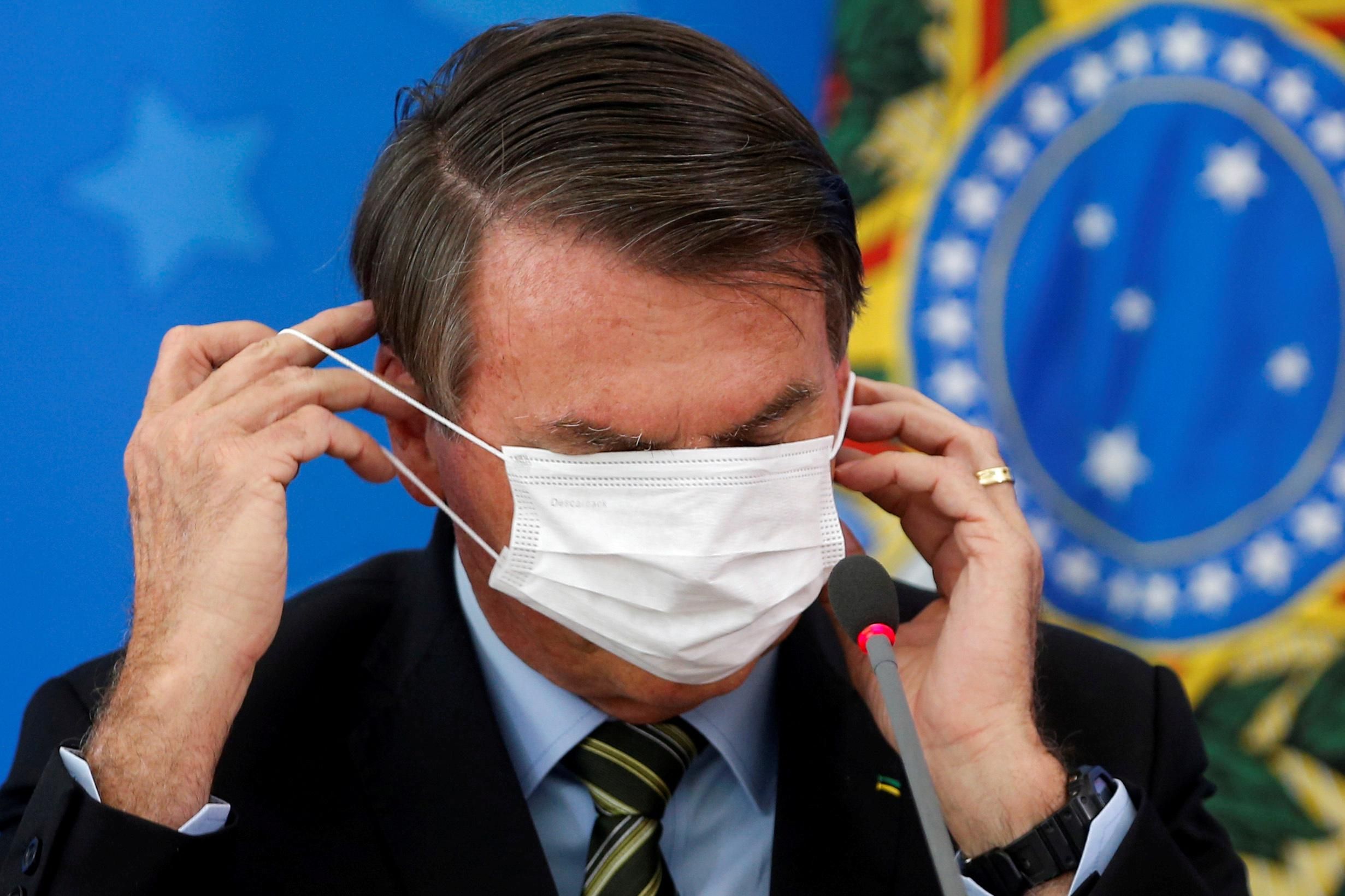What We’re Watching: Bolsonaro’s COVID crimes, Mali calls al-Qaeda, Facebook gets a facelift
Bolsonaro accused of crimes against humanity: A long-running Senate investigation in Brazil has found that by downplaying the severity of COVID, dithering on vaccines, and promoting quack cures, President Jair Bolsonaro directly caused the deaths of hundreds of thousands of people. An earlier version of the report went so far as to recommend charges of homicide and genocide as well, but that was pulled back in the final copy to a mere charge of "crimes against humanity", according to the New York Times. The 1,200-page report alleges Bolsonaro's policies led directly to the deaths of at least half of the 600,000 Brazilians who have succumbed to the virus. It's a bombshell charge, but it's unlikely to land Bolsonaro in the dock — for that to happen he'd have to be formally accused by the justice minister, an ally whom he appointed, and the lower house of parliament, which his supporters control. Still, as the deeply unpopular Bolsonaro limps towards next year's presidential election, a rap of this kind isn't going to help.
Sup al-Qaeda — Mali: The West African nation of Mali has long had a problem with jihadist violence, and French soldiers deployed there since 2013 have barely made a dent. Now, the military-civilian transitional government that has run things since last year's coup may try something different: ask local Islamic clerics to talk on their behalf to al-Qaeda's main affiliate in the country. They could find some common ground: the government seem open to sharia law and kicking out all foreign troops in exchange for peace. Former colonial power France, meanwhile, says it won't conduct joint military operations in any country that negotiates with jihadists, but Paris' failure to quell jihadist violence means the French now have little leverage with Bamako. Interestingly, the peace talks are being floated just as Mali is mulling a Russian offer to send 1,000 mercenaries to fight al-Qaeda — which the French are fiercely against, and will likely be scrapped if the government cuts a deal with the jihadists. More broadly, whatever happens in Mali will have ripple effects across the entire Sahel region.
The artist formerly known as "Facebook": Faced with a growing chorus of criticism about his company's unchecked market power, its corrosive impact on political discourse, its harm to kids, and its propensity to both spread dangerous lies and threaten free speech, Facebook CEO Mark Zuckerberg is doing the obvious thing: he's changing its name. That's right, in the coming days, the social media giant is set to unveil a new handle of its own, according to a scoop by The Verge. The name change won't affect the core social media app itself, but it will become the primary moniker for the broader conglomerate, which Zuckerberg wants to focus on developing the "metaverse" and other new technologies. This is similar to what Google did in 2015, when it rebranded itself as Alphabet or, if you like, to what Kanye West did two days ago when he rebranded himself as "Ye". Whether Zuck's move will take some of the regulatory heat off of Facebook is anyone's guess, but in the meantime, what do you think he should call the new company?